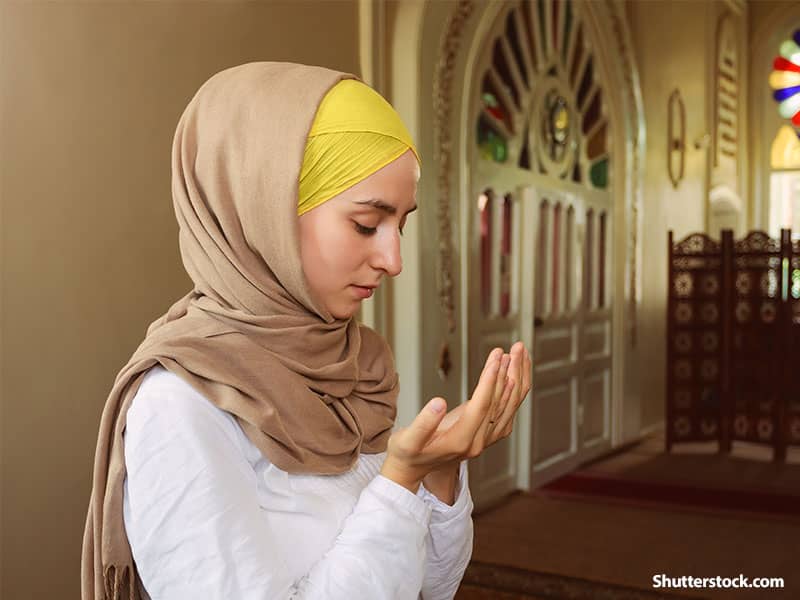NOUAKCHOTT, Mauritania, Dec. 26 (AP) - Illegal beer flows freely at the Petit Paris nightclub, where veiled women and men in billowing desert robes slither under strobelights. Prostitutes ply their trade at a hotel next door. Sixteen years after wresting power in a coup d'etat, Mauritania's military-backed regime has stopped enforcing conservative Islam. The government now turns a blind eye to alcohol and extramarital sex, although they remain officially outlawed.
After a bitter falling out with Iraqi leader Saddam Hussein, Mauritania President Maaouya Sid'Ahmed Ould Taya has also traded a one-time alliance with Iraq for improved relations from an unlikely quarter: Israel.
Yet the creeping changes in this Sahara Desert nation of 2.5 million do not include democratic reforms, human rights groups complain.
The country's largest political party is banned and some of its senior members arrested. Local newspapers are censored and foreign journalists followed by government minders. Opposition groups--including Islamic conservatives and black African rights groups--have reacted by staging violent demonstrations with growing regularity.
Critics warn the government crackdown could fragment Ould Taya's increasingly fragile hold on power. The government--which won 1997 elections widely viewed as fraudulent--is dominated by light-skinned Moors, descendants of Arabs and Berbers who make up roughly half of the nation's people. Blacks and mixed-race individuals largely occupy the lower castes of Mauritanian society, and have been given few top government posts.
Many blacks fear an official pogrom such as the one launched by the government in the early 1990s, leading to the reported disappearance of hundreds of blacks, including military officers and foreigners, following a feud with neighboring Senegal.
"Without free political activity, Mauritania will always be a dictatorship and stability will remain elusive," said Abdoulaye Kebe, the only black opposition member of Parliament.
Anger in the Moor community is also strong. In October the regime banned the opposition Union of Democratic Forces and arrested its leader, Ahmed Ould Daddah, two months later on suspicion of meeting with terrorist groups abroad. Daddah, whose party denies extremist links, was subsequently released and has not been charged.
Truckloads of surly soldiers patrol the windblown streets of the coastal capital, Nouakchott, as part of government efforts to quell street protests. During the Gulf War, Ould Taya backed Saddam in return for Iraqi military and financial aid. But the two governments cut ties several years later after exchanging accusations of supporting dissidents in each others' countries. Mauritania has subsequently focused its efforts on improving Western links. Mauritania and Israel established full diplomatic ties in October 1999, sparking street protests by Islamic groups in Mauritania in solidarity with the Palestinians.
Mauritania's government refuses to discuss the issue, yet a member of the ruling party's national council indicated that their friendship with Israel was necessary to attract international investment to Mauritania, among the world's 30 poorest nations.
"We still cry when we see a Palestinian child killed by the Israeli army. But we also have to look out for our (economic) interests," the official said. "We understand that to achieve these goals we have to pay a high (political) price."
Some fear that price includes terrorism. Mauritanian officials whisper suspicions that dissident groups at home and abroad could be planning attacks similar to those by Islamic fundamentalists in neighboring Algeria, where fighting has killed more than 100,000 people since 1992.
In January, authorities in Nouakchott detained a Mauritanian man, Mohamedou Ould Slahi, for three weeks in connection with an alleged bomb plot against targets in the United States. Ould Slahi, who had been living in Canada, was released without charge after three weeks of questioning.
Critics dismiss the government's terrorism fears as an excuse to suppress dissidents. So far, however, Mauritania has not experienced violence beyond the regular opposition protests that occasionally degenerate into street clashes with police.
Three students arrested in November for allegedly painting graffiti threatening "death to Ould Taya" embarked on a prison hunger strike, which since ended, to win support for their cause and highlight their complaints of mistreatment by authorities.
The government crackdown has merely strengthened public opposition to the regime, said Ahmed Ould Lafdal, a senior official of Ould Daddah's banned opposition Union of Democratic Forces.
"We have never killed a person, never burned a market or car," said Ould Lafdal. "We have never called for a violent uprising, yet the regime bans our party and arrests us for being a threat to the country."

